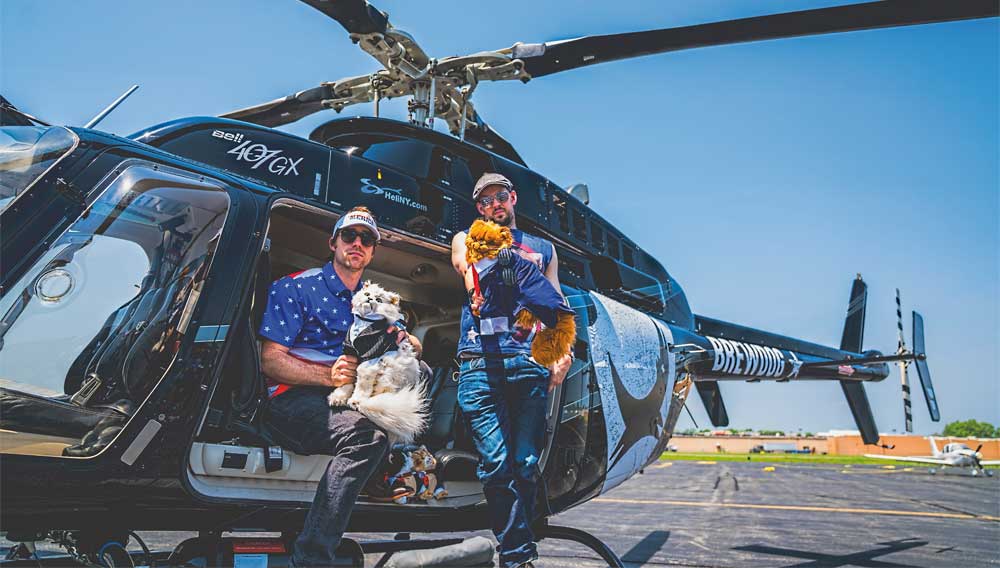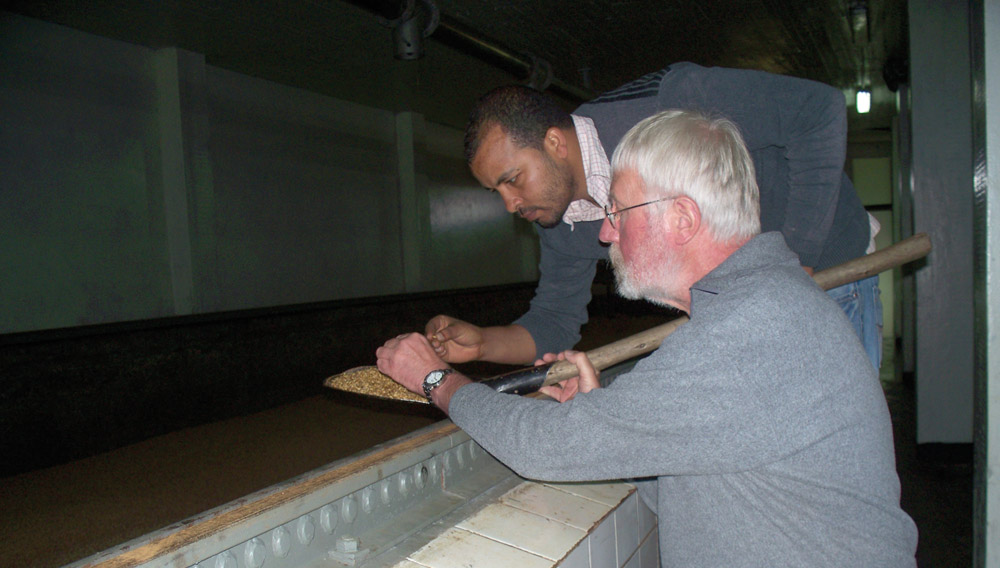New beginning | His term of office is coming to an end: Tiago M. Brandão hands over to the nominee, Benet Fité Luís, after 5 years as President of the EBC (European Brewery Convention). And this is taking place in eventful times. The coronavirus pandemic has resulted in a decision to recommend that the 38th EBC Congress, planned for late spring/early summer 2021, should be postponed to 2022. The good thing about this move is that in 2022, the EBC will also be celebrating its 75th anniversary. BRAUWELT International spoke with both, Tiago Brandão and Benet Fité, about the tasks ahead.

BrewDog goes mainstreamCraft beer | Shock, horror. Scottish craft brewer BrewDog has gone for a rebrand that is so sensible and grown up that it would make the royal tree hugger Prince Charles proud. Is this the way of the world? That eventually all rebellious punks will take out their earrings, get a haircut and wear a tie to work?
The Brewers of Europe | In a letter to the European Commission The Brewers of Europe is calling to consider setting up a special task force on hospitality and tourism including bars, pubs and cafes as part of its ‘European Roadmap’ towards lifting of COVID-19 lockdowns.
Corona crisis | To support the global response to this crisis, the Tetra Laval Group , Pully, Switzerland, will donate 10 Mio EUR to various voluntary organisations supporting the health care systems across the countries that we operate in.
Corona crisis | The Carlsberg Foundation, the New Carlsberg Foundation and the Tuborg Foundation are targeting extraordinary grants that can mobilize and support researchers, art museums and civil society in the scientific, economic and human efforts at a time when society is challenged by the COVID-19 epidemic.

Employer attractiveness | How can medium-sized breweries succeed in competing for top performers with passion for their brewery and commitment in the recruiting process? For this, particular employer attractiveness and a well-organized recruiting and onboarding process are important.
Complexity is manageable | Digitalization is the buzzword these days in the media. Digital transformation can no longer be halted and brings with it new opportunities for the future. However, concrete applications and tangible evidence of its implementation are not easy to identify. Consequently, it is not surprising that the brewing and beverage industry exhibits a certain degree of reluctance to embrace it unconditionally.

Ideas for the future | Industry pioneers such as Lorenz Adalbert Enzinger and Theo Seitz bear witness to the long tradition research and development enjoys at KHS. Like them today’s KHS engineers don’t always go with the flow but pursue many different paths in order to stay at the helm of progress. The article describes how KHS GmbH from Dortmund deals with digitization and other topics of the future and prepares for it.

A rapidly growing world population, progressive digitalisation and the trend of individualisation represent serious challenges that the food industry and their ingredient suppliers are facing. However, these challenges also provide big opportunities as Marco Schmidt, CTO of Doehler GmbH, Darmstadt, Germany, pointed out as part of a talk on the topic of “innovation” at drinktec.






